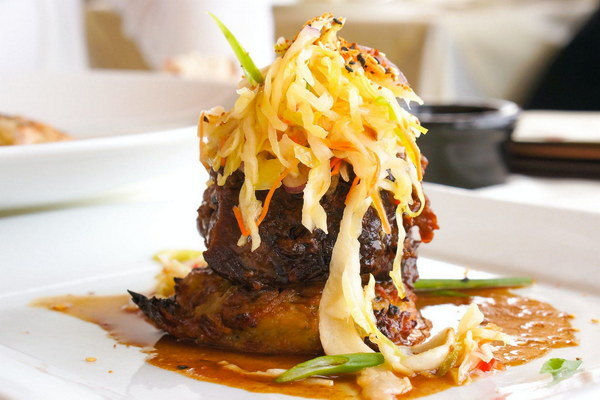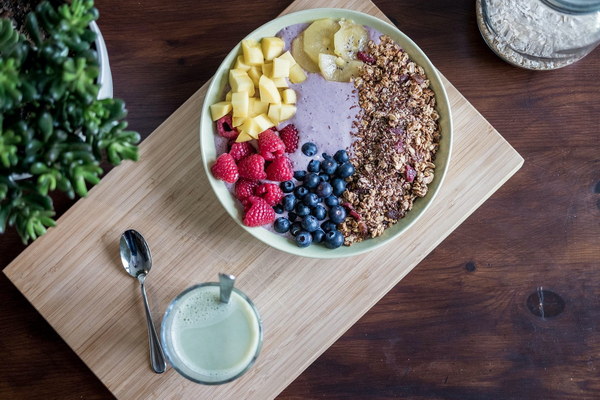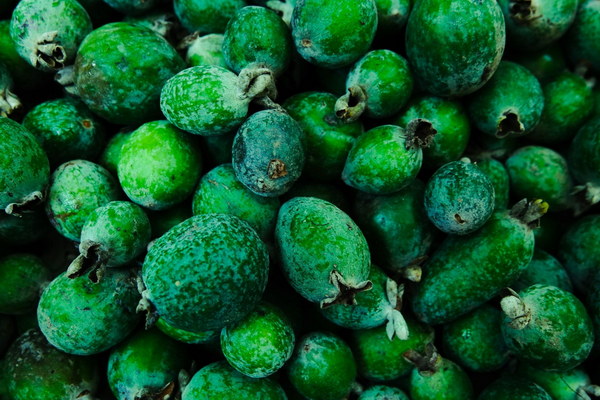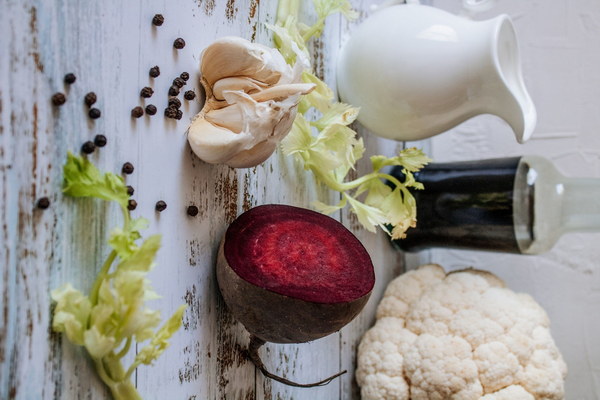Best Health Supplements for Stomach Perforation Recovery What to Eat
Stomach perforation, a serious medical condition, often requires immediate medical attention and proper nutrition to aid in recovery. As the body heals, it's important to provide it with the necessary nutrients to support the healing process. This article will discuss the best health supplements for stomach perforation recovery and what to eat during this period.
1. Protein
Protein is crucial for healing and tissue repair. After a stomach perforation, your body will need a substantial amount of protein to repair damaged tissues. Good sources of protein include lean meats (such as chicken, turkey, and lean beef), fish, eggs, dairy products, legumes, and plant-based protein sources like tofu and tempeh.
2. Vitamin C
Vitamin C is an essential nutrient that plays a vital role in the healing process. It helps in the formation of collagen, which is important for tissue repair. Foods rich in vitamin C include oranges, strawberries, bell peppers, kiwi, guava, and leafy greens such as spinach and kale.
3. Zinc
Zinc is a mineral that supports immune function and helps in the healing process. It is important for the production of collagen and wound repair. Good sources of zinc include nuts, seeds, legumes, whole grains, and oysters.
4. Omega-3 Fatty Acids
Omega-3 fatty acids have anti-inflammatory properties and can help reduce inflammation in the stomach lining. Fish oil supplements are a great source of omega-3s, as are flaxseeds, chia seeds, and walnuts.
5. Probiotics
Probiotics are beneficial bacteria that help maintain a healthy gut flora. A healthy gut is essential for overall well-being, and probiotics can aid in digestion and absorption of nutrients. Probiotic-rich foods include yogurt, kefir, sauerkraut, kimchi, and miso. You can also take a probiotic supplement after consulting with your healthcare provider.
6. Prebiotics
Prebiotics are non-digestible fibers that feed the probiotics in your gut. They help maintain a healthy gut environment. Foods high in prebiotics include bananas, onions, garlic, asparagus, and leeks.

7. Calcium and Magnesium
Calcium and magnesium are important for bone health and muscle function. They also play a role in nerve function and can help reduce stress levels. Good sources of calcium include dairy products, leafy greens, almonds, and sardines. Magnesium-rich foods include almonds, cashews, whole grains, legumes, and dark chocolate.
8. Hydration
Proper hydration is essential for healing. Drink plenty of fluids throughout the day, including water, herbal teas, and broths. Avoid caffeine and alcohol, as they can dehydrate your body.
When it comes to supplements, it's important to consult with your healthcare provider before starting any new regimen. Here are some supplements that may be beneficial during stomach perforation recovery:
- Multivitamin: To ensure you're getting all the essential nutrients your body needs.
- Omega-3 fatty acids: To support healing and reduce inflammation.
- Probiotic: To maintain a healthy gut environment.
- Glutamine: An amino acid that supports gut health and immune function.
In conclusion, proper nutrition is essential for healing after a stomach perforation. Focus on incorporating a variety of protein, vitamin C, zinc, omega-3 fatty acids, probiotics, prebiotics, calcium, and magnesium into your diet. Consult with your healthcare provider to determine which supplements may be beneficial for your specific recovery needs. Remember to stay hydrated and prioritize rest during this time.
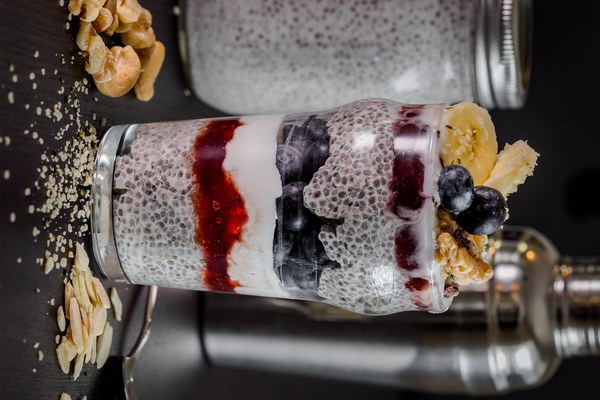
![Revamp Your Grooming Routine Discover the Ultimate Men's Fresh and Light Skincare Kit from [Brand Name]](http://img.bluepurple.cn/a/养生/220/Revamp-Your-Grooming-Routine-Discover-the-Ultimate-Mens-Fresh-and-Light-Skincare-Kit-from-Brand-Name.jpg)

